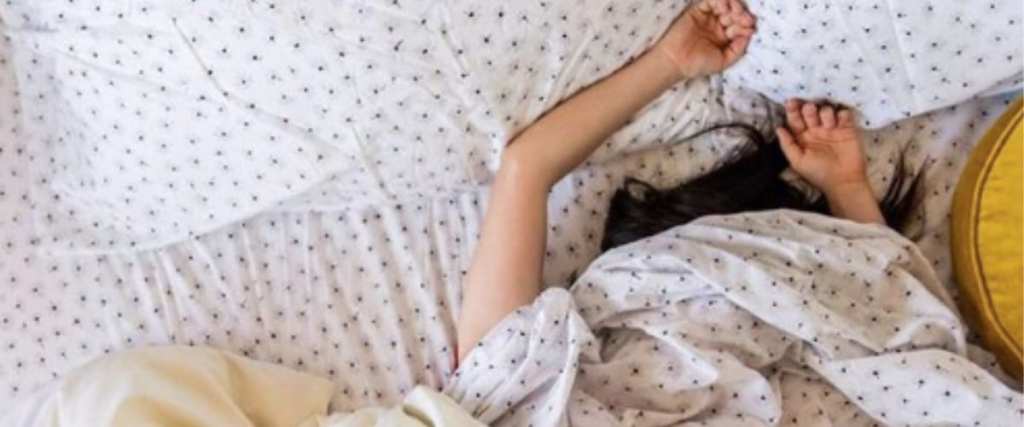Some people need a full eight hours of sleep to function no matter what, while others seem to be able to go go go with less than six hours of solid sack time. The latter like to brag about their ability as if it’s something they’ve trained for, or a reason to think themselves a superior human, but what is it about their makeup, really, that leaves them able to function with so few zzz’s?
Cause it’s just unfair.
https://www.instagram.com/p/BYKCHaAjmAC/
Well, science has the answer, so hold on.
Neurologists from the University of California San Francisco think they’ve isolated a gene that could directly impact how much a person has to sleep to feel good.
The findings, published in Neuron, show that people with a single-letter gene mutation seem to be able to function well on six hours of sleep or less without suffering any of the adverse heath effects associated with too little time under the covers.
https://www.instagram.com/p/Bz_KIRiBaiv/
Whereas people without the mutation wake up moody, tired, and subject to the other nasty side effects of sleeping less than six hours a night.
Study author Louis Ptacek explained more in a statement:
“It’s remarkable that we know so little about sleep, given that the average person spends a third of their lives doing it. This research is an exciting new frontier that allows us to dissect the complexity of circuits in the brain and the different types of neurons that contribute to sleep and wakefulness.”
https://www.instagram.com/p/BzGaQW4hIuc/
Interestingly, this isn’t the only gene that’s been linked to requiring less sleep – one called DEC2 also typically means a person averages 6.25 hours of sleep per night, as opposed to the 8.06 hours averaged by the people who do not posses the mutation.
This new gene exists in people without the previously known mutation, and it appears to affect neurons and their level of activity in the brain region that controls stages of sleep.
https://www.instagram.com/p/BvsiHgNne-b/
When the mutated gene was engineered into mice, the ones with the new gene mutation not only slept less, but were more active both when they were awake, and when they were in REM sleep. So it seems the mutation affected their circadian rhythms, says Ptacek.
“Sleep is complicated. We don’t think there’s one gene or one region of the brain that’s telling our bodies to sleep or wake. This is only one of many parts.”
One of many parts that I clearly don’t have. Le sigh…
I’m gonna go take a nap.






